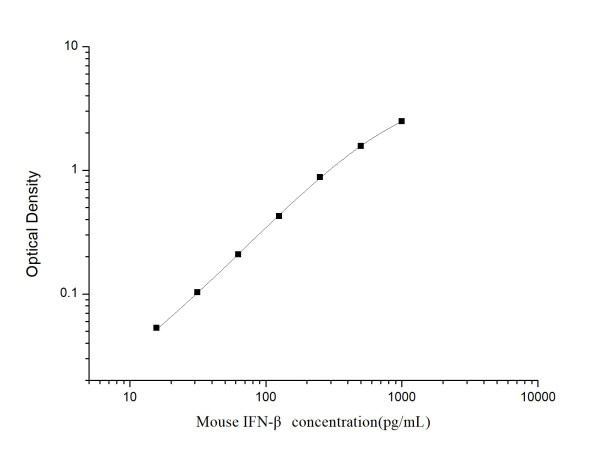Cookie preferences
This website uses cookies, which are necessary for the technical operation of the website and are always set. Other cookies, which increase the comfort when using this website, are used for direct advertising or to facilitate interaction with other websites and social networks, are only set with your consent.
Configuration
Technically required
These cookies are necessary for the basic functions of the shop.
"Allow all cookies" cookie
"Decline all cookies" cookie
CSRF token
Cookie preferences
Currency change
Customer-specific caching
FACT-Finder tracking
Individual prices
Selected shop
Session
Comfort functions
These cookies are used to make the shopping experience even more appealing, for example for the recognition of the visitor.
Note
Show the facebook fanpage in the right blod sidebar
Statistics & Tracking
Affiliate program
Conversion and usertracking via Google Tag Manager
Track device being used

If you have any questions, please use our Contact Form.
You can also order by e-mail: info@biomol.com
Larger quantity required? Request bulk
You can also order by e-mail: info@biomol.com
Larger quantity required? Request bulk
Type I interferon cytokine that plays a key role in the innate immune response to infection,... more
Product information "Anti-IFN-beta (Detector), clone 3E12"
Type I interferon cytokine that plays a key role in the innate immune response to infection, developing tumors and other inflammatory stimuli.Signals via binding to high-affinity (IFNAR2) and low-affinity (IFNAR1) heterodimeric receptor, activating the canonical Jak-STAT signaling pathway resulting in transcriptional activation or repression of interferon-regulated genes that encode the effectors of the interferon response, such as antiviral proteins, regulators of cell proliferation and differentiation, and immunoregulatory proteins. Signals mostly via binding to a IFNAR1-IFNAR2 heterodimeric receptor, but can also function with IFNAR1 alone and independently of Jak-STAT pathways. Elicits a wide variety of responses, including antiviral and antibacterial activities, and can regulate the development of B-cells, myelopoiesis and lipopolysaccharide (LPS)-inducible production of tumor necrosis factor. Plays a role in neuronal homeostasis by regulating dopamine turnover and protecting dopaminergic neurons: acts by promoting neuronal autophagy and alpha-synuclein clearance, thereby preventing dopaminergic neuron loss. IFNB1 is more potent than interferon-alpha (IFN-alpha) in inducing the apoptotic and antiproliferative pathways required for control of tumor cell growth. Protein function: Type I interferon cytokine that plays a key role in the innate immune response to infection, developing tumors and other inflammatory stimuli (PubMed:10708458, PubMed:23872679). Signals via binding to high-affinity (IFNAR2) and low-affinity (IFNAR1) heterodimeric receptor, activating the canonical Jak-STAT signaling pathway resulting in transcriptional activation or repression of interferon-regulated genes that encode the effectors of the interferon response, such as antiviral proteins, regulators of cell proliferation and differentiation, and immunoregulatory proteins. Signals mostly via binding to a IFNAR1-IFNAR2 heterodimeric receptor, but can also function with IFNAR1 alone and independently of Jak-STAT pathways (PubMed:23872679). Elicits a wide variety of responses, including antiviral and antibacterial activities, and can regulate the development of B-cells, myelopoiesis and lipopolysaccharide (LPS)- inducible production of tumor necrosis factor (PubMed:10708458, PubMed:14597717). Plays a role in neuronal homeostasis by regulating dopamine turnover and protecting dopaminergic neurons: acts by promoting neuronal autophagy and alpha-synuclein clearance, thereby preventing dopaminergic neuron loss (PubMed:26451483). IFNB1 is more potent than interferon-alpha (IFN-alpha) in inducing the apoptotic and antiproliferative pathways required for control of tumor cell growth (PubMed:14597717). [The UniProt Consortium]
| Keywords: | Ifb, IFN-beta, Interferon beta, IFN-beta Monoclonal Antibody(Detector) |
| Supplier: | Elabscience |
| Supplier-Nr: | E-AN002710P |
Properties
| Application: | ELISA Detector |
| Antibody Type: | Monoclonal |
| Clone: | 3E12 |
| Conjugate: | No |
| Host: | Rat |
| Species reactivity: | mouse |
| Immunogen: | Recombinant Mouse IFN-beta protein expressed by Mammalian |
Database Information
| KEGG ID : | K05415 | Matching products |
| UniProt ID : | P01575 | Matching products |
| Gene ID : | GeneID 15977 | Matching products |
Handling & Safety
| Storage: | +4°C |
| Shipping: | +4°C (International: +4°C) |
Caution
Our products are for laboratory research use only: Not for administration to humans!
Our products are for laboratory research use only: Not for administration to humans!
Information about the product reference will follow.
more
You will get a certificate here
Viewed

